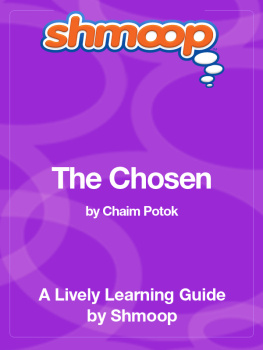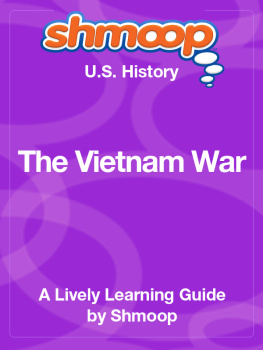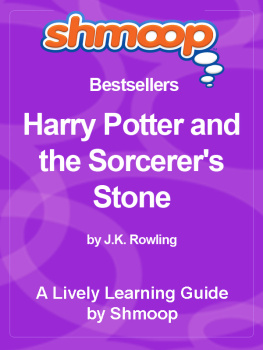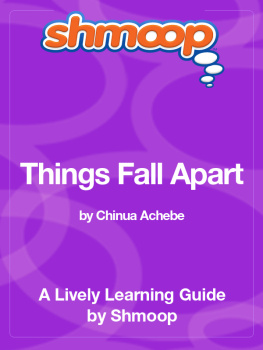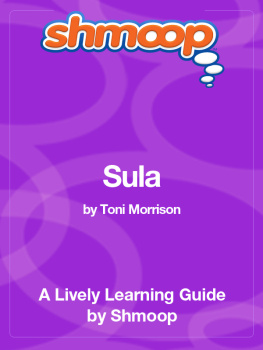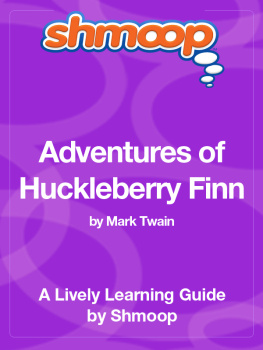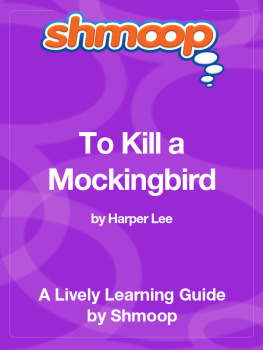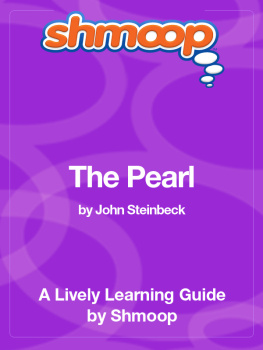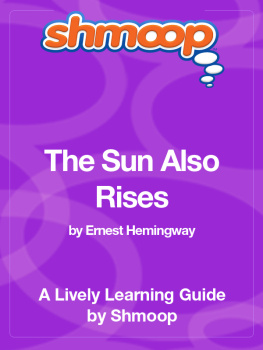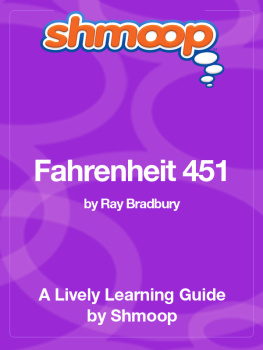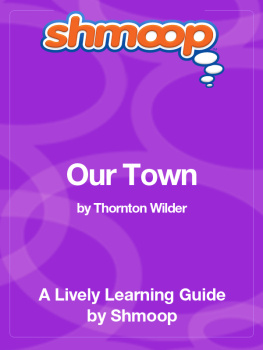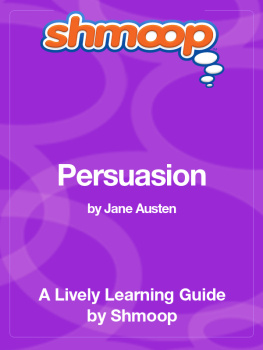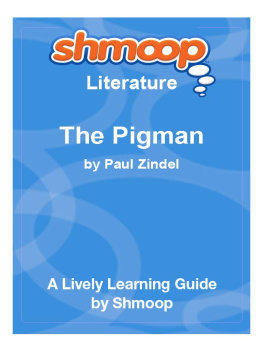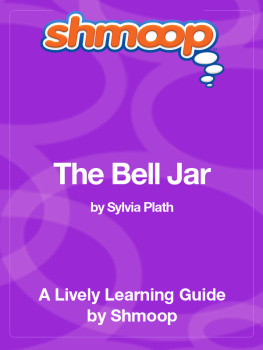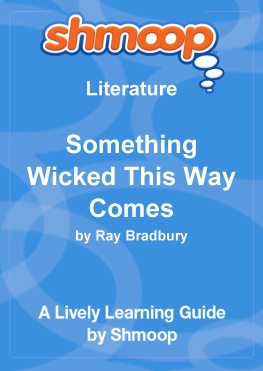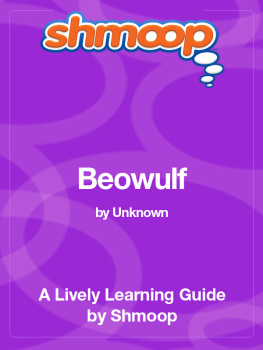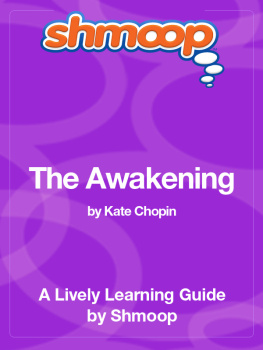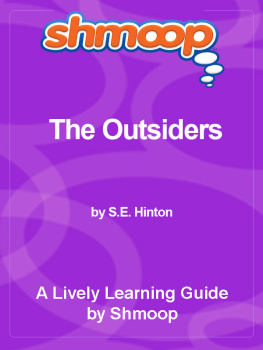
Table of Contents
In a Nutshell/Overview
The Chosen, Chaim Potok's first novel, was published in 1967. It's the story of two Jewish teenage boys coming of age in Williamsburg, Brooklyn, New York between 1944 and 1949. The novel is loaded with Jewish history, and contains a variety of perspectives on Judaism. Author Chaim Potok, like the two teens in his novel, grew up in Brooklyn, New York. Both his mother and father were strictly observant Orthodox Jews and his family didn't support his interest in writing - they didn't want any of their sons involved in secular activities. This conflict definitely shows up in interesting ways in The Chosen. In his own life, Potok began practicing Conservative Judaism, which had fewer restrictions and allowed him to be both an artist and a Jew.
Why Should I Care?
Religion is everywhere. To some degree or other, we spend big chunks of our lives thinking, hearing, and talking about religion. Turn on the TV any time, and you'll probably find something about religion - whether it's televangelists, or the latest on Tom Cruise and Madonna. And, if you've watched the news or read the papers lately (and by lately we mean the last five thousand years), you know that the world cries out for religious understanding and tolerance.
This is easier said than done when there are thousands of religions in the world. Even the major ones seem mysterious to us if we've never experienced them. Ideally, we would learn about religion from those who care about it, and who can help us think about and consider many voices about religion in our society. Also ideally, our discussions about religion would be relevant, interesting, and fun.
Look no further than The Chosen. This coming-of-age story set in Brooklyn, New York from 1944 to 1949 provides a sensitive, honest, and in-depth look at a variety of perspectives on Judaism in the years directly following World War II. And, it tells the compelling story of the brilliant (his photographic memory is the least of it) Danny Saunders and his struggle to balance his religious commitments with his desire to use his fine mind in the world at large. But, beyond all that, The Chosen argues that religion is a personal choice - and that we should never stop searching, questioning, and trying to understand, both our own views on religion, and those of others. Instead of fearing what we don't understand, we should jump in and see what it's all about.
Whats Up With the Title?
The title seems simple at first glance, but the deeper we get into the novel, the more it resonates.
The Jewish people are sometimes called "The Chosen People," and the title obviously draws on this often-misunderstood epithet. Here's a link to an article that gives some explanation of the phrase. As the article points out, some people think the term "The Chosen People" means "the chosen race." But it can't possibly mean that, because Judaism is not a race, any more than any other religion is. In fact, there are Jews of all different races. What's more, anyone can
choose to become a Jew. Sure, most Jews are born into Judaism, but, even if a person is born into it, he or she must choose to what extent he or she will practice it, if at all.
At its bottom, the phrase "The Chosen People" means that Jews are
chosen to try to make the world a better place. Not by trying to turn other people in to Jews, mind you, but by studying and doing good works - be it planting trees or helping the homeless. A person who chooses to become or remain a Jew takes on that burden, to whatever degree.
The title also refers to a Talmudic maxim, which states that a person should choose not only a teacher, but also a friend, as David and Reuven discuss, and with friendship comes great responsibility. When Reuven chooses to befriend lonely, brilliant, and conflicted Danny, the choices he makes can help either free or enslave his friend.
And that's really what the novel is all about - the freedom and responsibility that come with the choices we make. Reuven, David, Danny and Reb Saunders are constantly bombarded with difficult choices, both in terms of each other and in terms of the larger world around them. When World War II ends and its horrors are revealed, their choices take on life-or-death significance. What the characters have
chosen will change their lives forever.
Whats Up With the Ending?
The Jewish holiday of Passover, or Pesach, takes on special significance in
The Chosen. If you are interested, you can check out this website, which is devoted to the holiday. The story of Passover is found in the book of
Exodus, the second book of the Torah, and describes how a community of Jews passed over from slavery to freedom when they left Egypt some three thousand years ago. The holiday commemorates and symbolizes Jewish freedom, and freedom in general. Passover lasts for eight days, beginning on the 15th day of the Jewish month of Nissan (Here's info on the Jewish calendar), usually some time in March or April.
In
The Chosen, Reb Saunders chooses to free Danny on the first day of Passover. By freeing Danny, he also frees himself, Reuven, and David.
Let's start with Danny. What exactly is he being freed from? Two very big things: silence and exile. Danny desperately wants to
talk to his father, about his life, about things other than Torah. (If you want a deeper discussion of the Reb's mysterious silence, see his "Character Analysis.") He loves his father and doesn't want their relationship limited. On the other hand, he is, arguably, willing to give up
everything, including his relationships with his father and with the community, in order to pursue his dreams. Essentially, Danny will be banished if he goes against his father's wishes. If the Reb doesn't release Danny, Danny will be forced to make a horrible choice that will cause pain and suffering for himself and everyone around him, any way you slice it.
Luckily, he doesn't have to choose. The Reb gives Danny everything he wants. The silence is lifted, and Danny is free to do whatever he needs to do to follow his own dreams. How much sweeter this will be with the support of a loving father! And, now that Danny is freed by the Reb's Passover gift, Reuven and David can rest easy and rejoice in Danny's hard-earned freedom,
and the Reb himself is free to enjoy a rich and loving relationship with his wonderful son.
In our book, that qualifies as a happy ending. But, what do you think?
Writing Style
Didactic
"Didactic" is a fancy way of saying "instructive."
The Chosen doesn't just tell us a story. It also teaches us about different aspects of Judaism and history. And this is reflected in the novel's style.
At times the didacticism seems like mildly irritating - remember when Reuven tells us over, and
over, about how he's nauseous, dizzy, and his eye hurts when he's on his way to the eye ward? But that's just Reuven warming us up to understand more complicated things, like Talmudic passages, which, as we now know, are made up "of thought units." We also know that every "thought unit is a separate stage of the total discussion that makes up the passage." Reuven is a good teacher, though, and he doesn't just drop a bomb like that on us and move on. He takes us through the process of understanding it. As the novel grows along with its characters, we find that Reuven's repetition of basic ideas is not without a point. Eyes, Talmud, silence, Torah, friendship, Zionism - to name a few of the repetitions - come together in a delicate, painful, and exuberant rhythm as we gain intimacy with Reuven's world, and as he becomes more comfortable telling the story.

